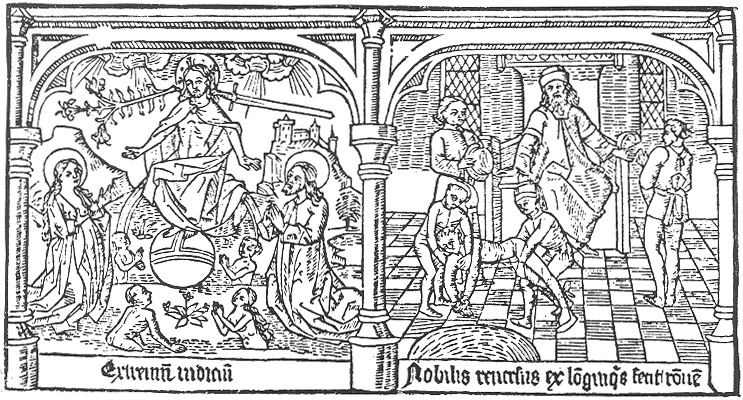
Pietas in its ancient Greco-Roman context has the connotations of "duty" or "devotion," and it simultaneously suggests both ones duty to the gods and ones duty to the larger family unit. In the Greek language the term is the all too familiar "pistis" of faith/faithfulness fame. Anyone familiar with Paul's appropriation of "pistis" and its cognates is aware that this term is at the center of a longstanding debate. Thankfully we are naturally going to side step that debate and focus on what is happening in Romans 4.
Paul's letter to the Romans has many perplexing and vexing little issues that are often glossed over in many of the popular attempts to deal with the work, and naturally so, because who in their right mind would want to read a digest of all the interpretive problems in Romans. Coherency is the name of the game in any successful reading of the letter, but working all these pieces into a readable whole is often more difficult than it would seem to appear.
One of these perplexing issues is why Paul highlights Abraham in Romans 4. Now many people at this point will say to them selves, well that is easy Paul wanted to prove that even the Hebrews of old were saved by faith/faithfulness and not by works (read circumcision). Elliott lays out a different position based on the Greco-Roman context.
Briefly the key to Elliott's interpretive move is to look at the role of ancestors in the Greco-Roman world, and specifically how Augustus was associated with piety and the vocation of civilizing the nations. Ancient figures were often seen as representative figures, thus Augustus represents a history that is closely intertwined with the residents of Rome and their ability to be ushered into the civilized world. Not to get into to much detail, but the crux of the problem is that the nations in Rome began to think of genealogy in a deterministic way, the Judeans deserve there present lot (jobless and homeless due to the recent mass deportations) because their God had lost. Imperial ideology, which always interprets the present, saw the Judeans as a people born to servitude. Paul's story about the Messiah and the program set forth in Abraham did not connect with the people on the ground because to them the Roman story seemed all too true. Thus for Elliott the issue was one of harmonization, could these two stories be effectively reconciled? This is what some in Paul's day were attempting to do, thus the term "Works of the Law," were those Judeans who sought to harmonize the two stories and gain acceptance by utilizing the Roman Law in an effort to further their movement/interests (this is an extremely generalizing account of Elliott at this point). Paul is thus contrasting two avenues, you could either, by following the works of Augustus, look for salvation through benefactions of the Caesar, or you could practice the kind of piety that Abraham is the representative of - a salvation through faithfulness that involves waiting patiently, expectantly, on the God who can reverse the present circumstances.









